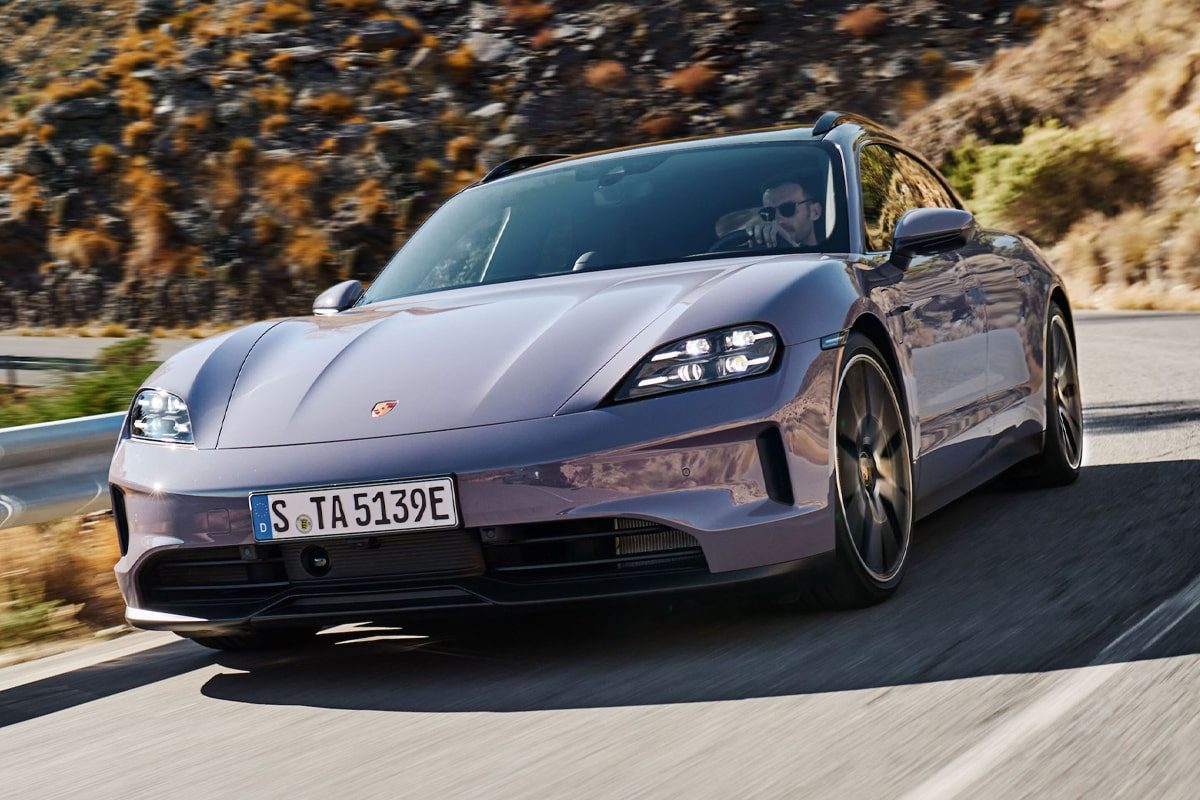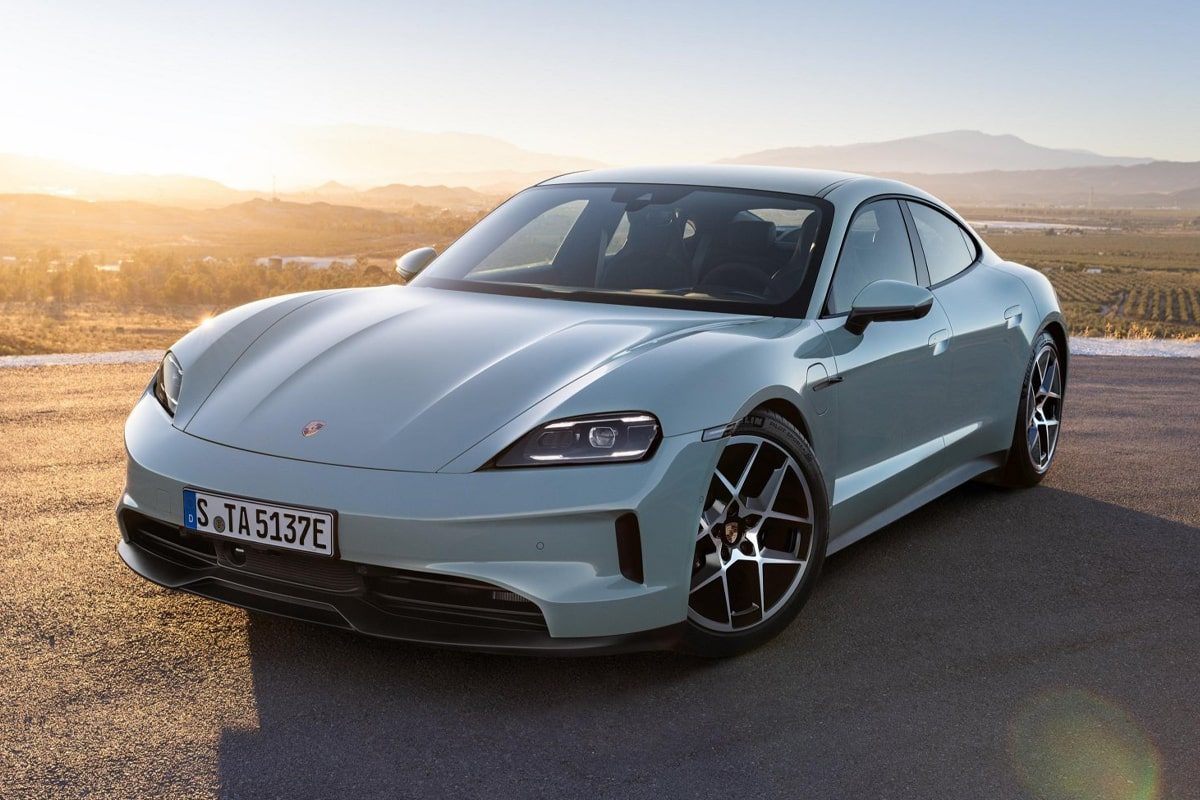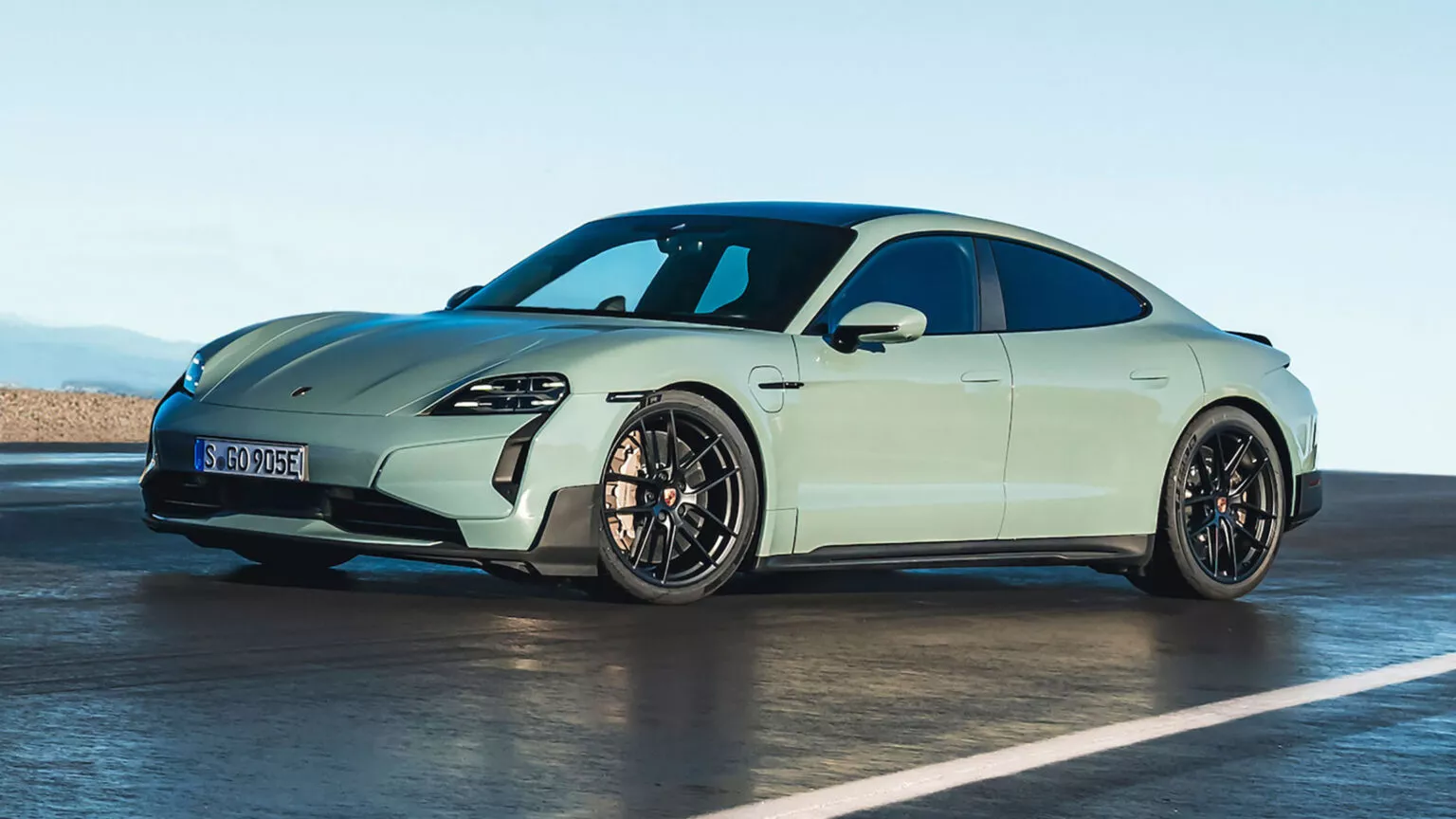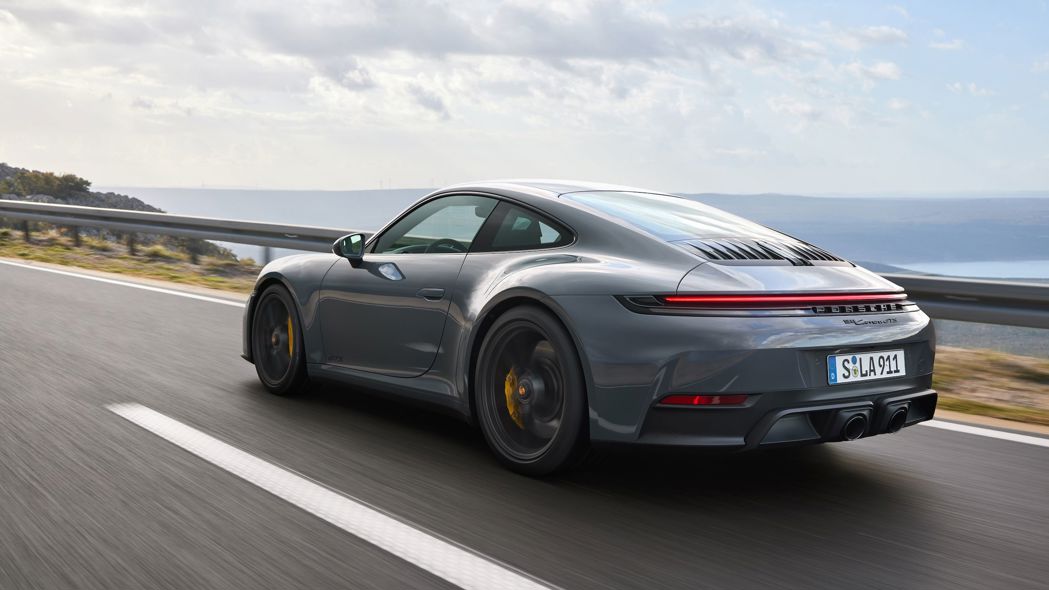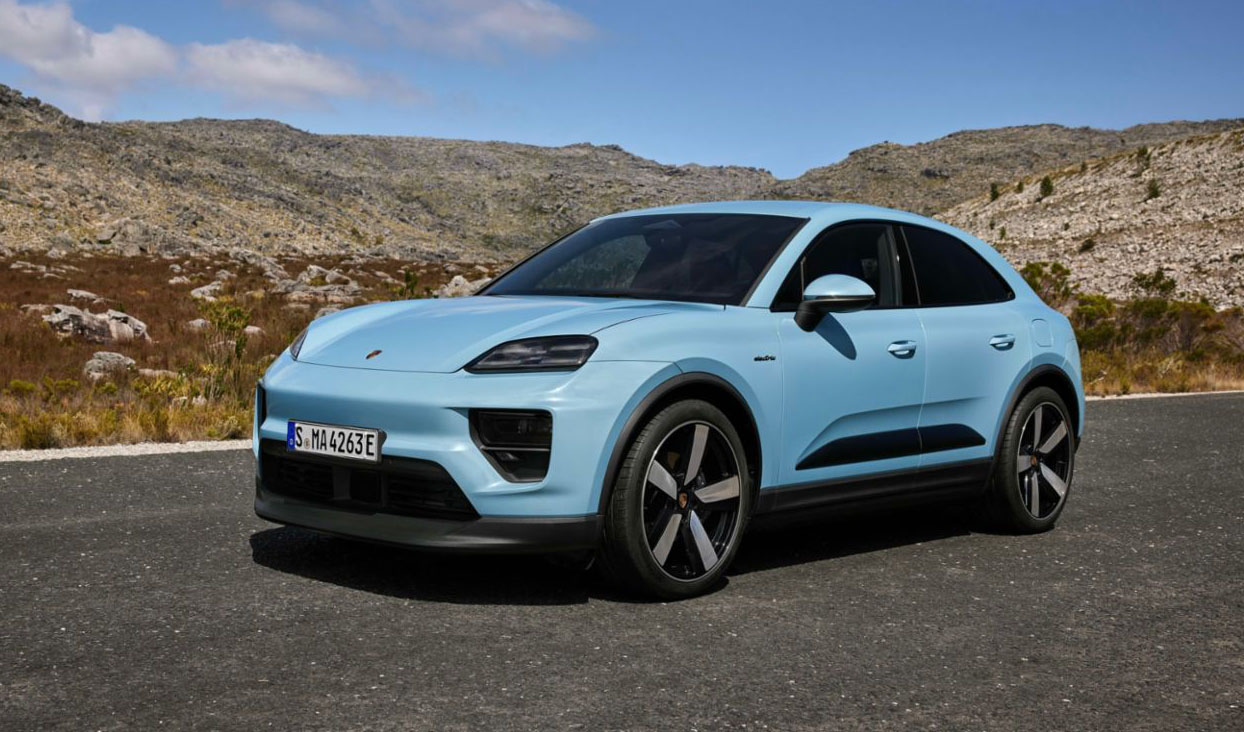Porsche has initiated a recall for certain 2020 to 2025 models of its Taycan electric sports car due to a defective front brake hose that could potentially leak brake fluid, Reuters reported based on information from the automaker.
Introduced in 2019 as Porsche’s first all-electric sports car, the Taycan has garnered global sales exceeding 150,000 units. Despite its popularity, the model has faced several minor recalls in recent years. Previously, in December, over 41,000 Taycan vehicles were recalled due to faulty charging cables, followed by a recall in March involving a few hundred models due to possible battery module short circuits.
See also: Porsche Offers Up to $4,500 Discount on Taycan EV for Tesla Owners
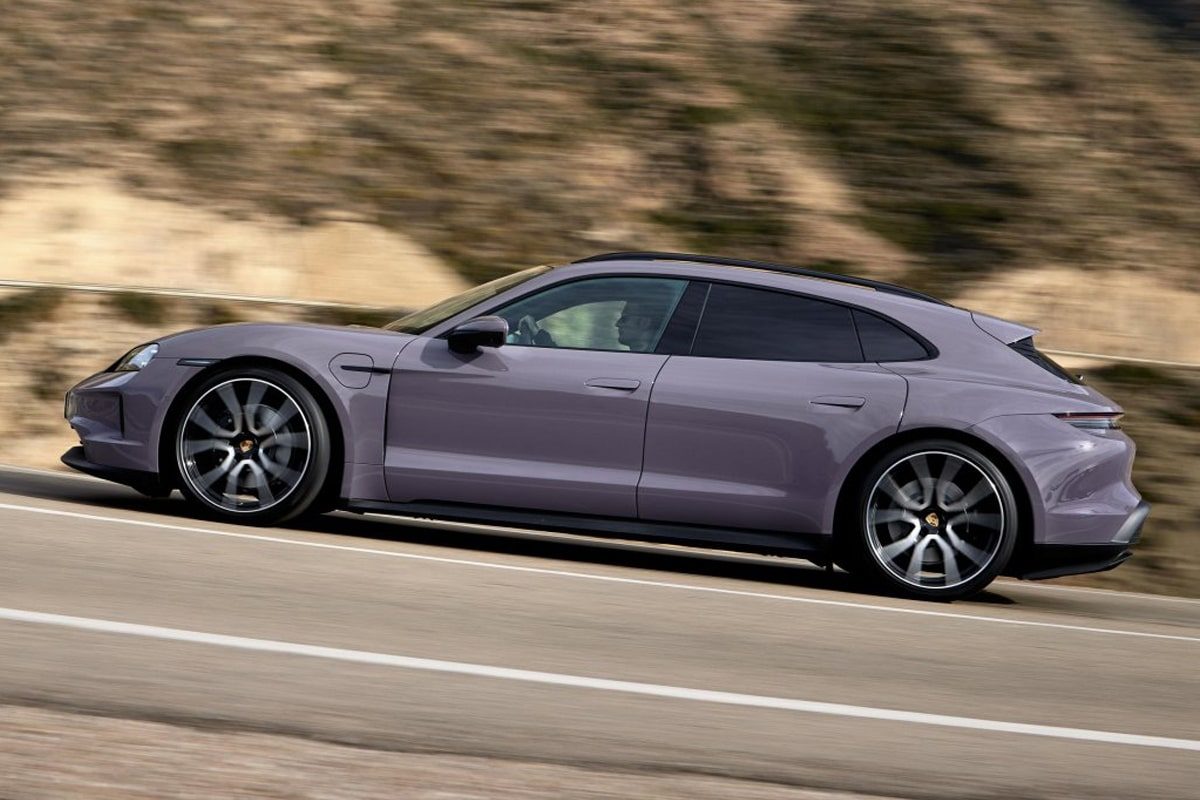
The latest recall affects 31,689 Taycan vehicles, according to Porsche’s notification to the National Highway Traffic Safety Administration (NHTSA). The issue stems from potential cracks in the front brake hoses over time, which could lead to brake fluid leakage.
While no accidents related to this issue have been reported in the United States, Porsche decided to issue the recall as a precautionary measure. However, one incident overseas was noted, involving excessive speed significantly above the limit.
See also: Porsche Unveils Taycan Turbo GT: A Record-Breaking Electric Beast
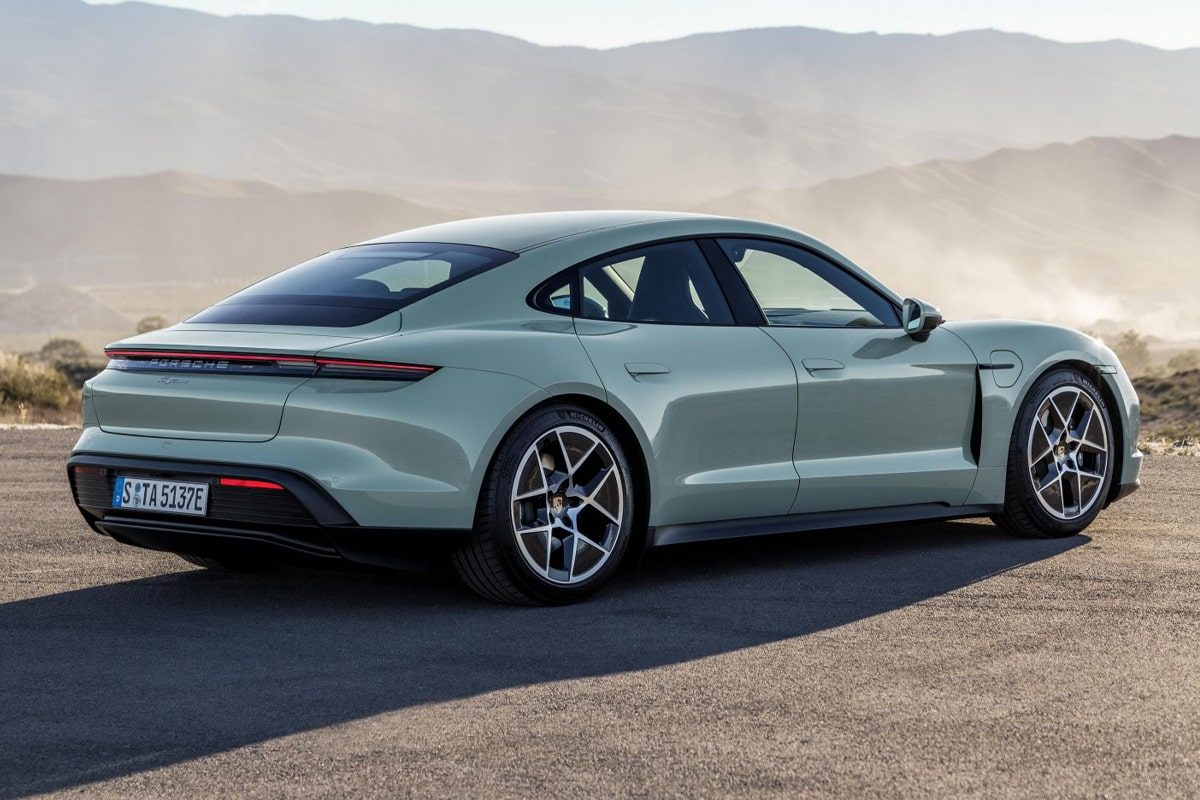
Porsche plans to replace the front brake hoses with improved, more flexible ones at no cost to owners. Notifications to affected Taycan owners are scheduled to commence on July 3, 2024.
For more information, affected owners are encouraged to contact Porsche’s customer service at 1-800-767-7243, referencing recall number ARB0. They can also visit the NHTSA website or call the hotline at 1-888-327-4236, with campaign number 24V-455.
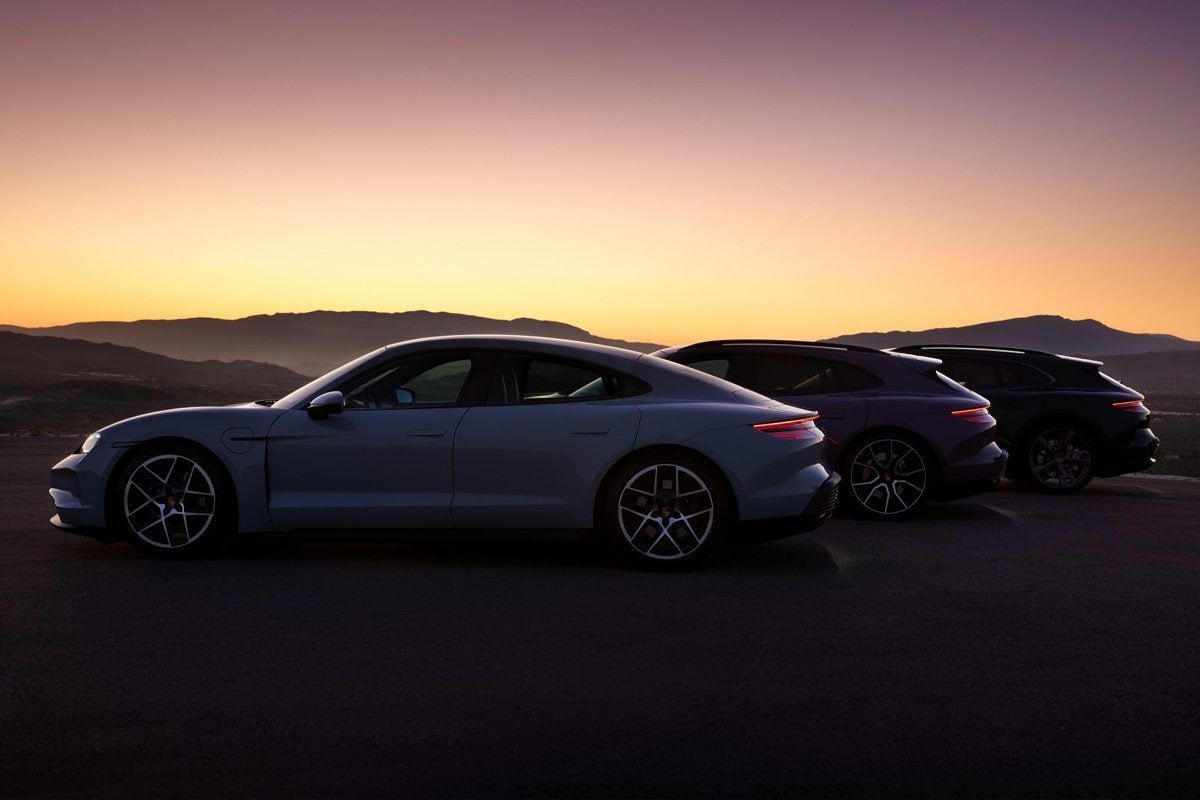
In related news, Porsche recently unveiled the 2025 Taycan model in February, boasting enhanced range, faster charging capabilities, and accelerated performance. Additionally, the Taycan Turbo GT, introduced the following month, stands as Porsche’s fastest street-legal vehicle, delivering 1,092 horsepower and accelerating from 0 to 60 mph in just 2.1 seconds, rivalling competitors like the Tesla Model S.

